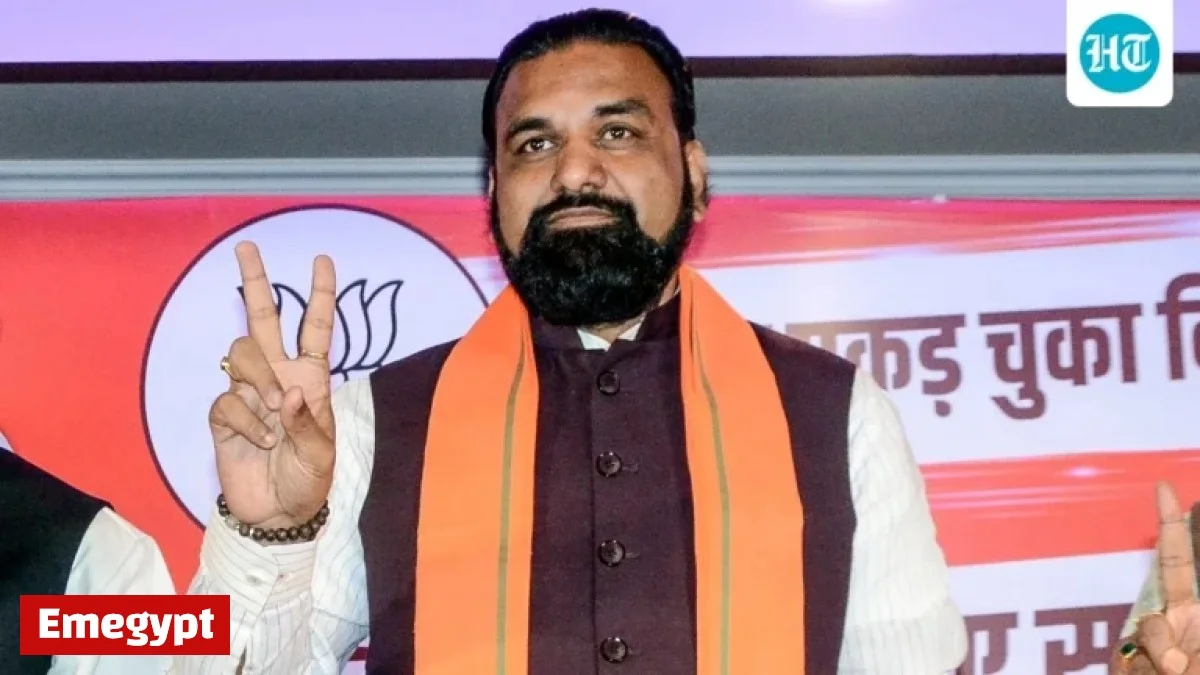
In the Tarapur constituency of Munger district, Bihar, Deputy Chief Minister Samrat Chaudhary of the Bharatiya Janata Party (BJP) has taken a commanding lead in the ongoing elections. As of the 18th round of counting, Chaudhary holds a significant margin of 25,376 votes over his nearest rival, Arun Kumar of the Rashtriya Janata Dal (RJD).
Samrat Chaudhary: A Political Journey
Samrat Chaudhary has a longstanding connection to Bihar’s political landscape. He commenced his political career in 1999 with the RJD, becoming a minister in the government of Rabri Devi. Chaudhary later became an MLA for the Parbatta constituency in Khagaria, securing his position in 2010. Transitioning to the Janata Dal (United) in 2014, he served under Jitan Ram Manjhi’s administration before shifting to the BJP in 2017. His ascent continued, culminating in his appointment as Deputy Chief Minister in January 2024.
Performance in Tarapur
- Chaudhary is contesting elections after a gap of 15 years.
- He is competing against Arun Kumar (RJD), Sakaldeo Bind (Vikassheel Insan Party VIP), and Dr. Santosh Singh (Jan Suraaj Party).
- Chaudhary’s father, Shakuni Chaudhary, served multiple terms as an MLA from Tarapur, emphasizing the family’s significant influence in the area.
Controversies and Allegations
Chaudhary has faced scrutiny over his age discrepancies listed in election affidavits, leading to calls for investigation from the Congress party. He is also accused of involvement in a 1995 murder case related to the assassination of a Congress candidate, alongside allegations of altering his age to evade legal consequences.
The Political Landscape in Tarapur
The Tarapur constituency has historically leaned towards the JD(U), with a stable representation in previous elections. Local discontent regarding employment and socioeconomic conditions may impact Chaudhary’s electoral fortunes. His competitors, particularly RJD’s Arun Kumar, have highlighted issues like inadequate healthcare and education opportunities, resonating with the electorate’s concerns.
Demographics and Election Data
- Tarapur constituency has a diverse caste composition:
- Approximately 63,000 Yadavs
- About 20,000 Muslims
- Roughly 50,000 upper castes (Rajputs and Brahmins)
- Around 40,000 Kushwahas
- Approximately 35,000 Sahs
- About 28,000 Dalits
- The constituency recorded a voter turnout of 55% in the 2020 Assembly elections, with 174,547 votes cast.
As the counting progresses, the political rivalry in Tarapur continues to evolve, underscoring the complex sociopolitical fabric of Bihar. The outcome will influence the dynamics of the state’s NDA and opposition alliances significantly.
